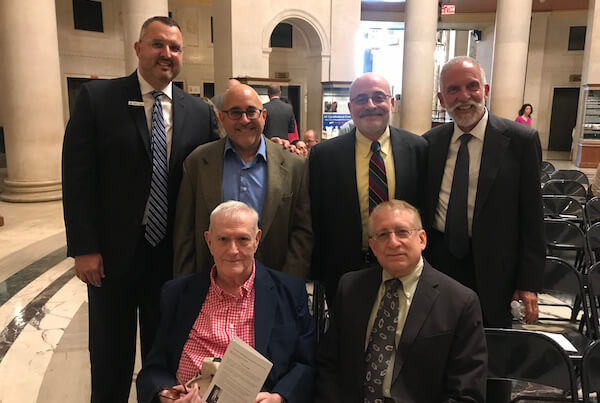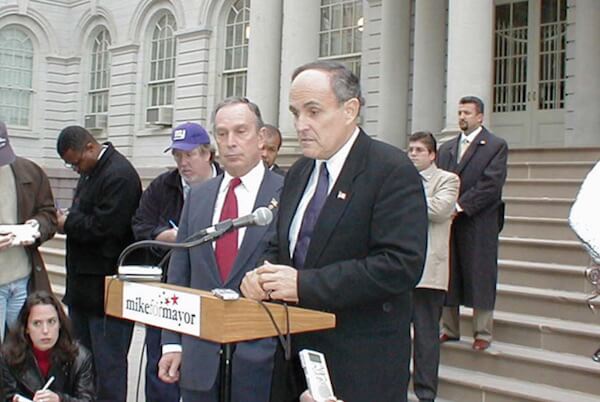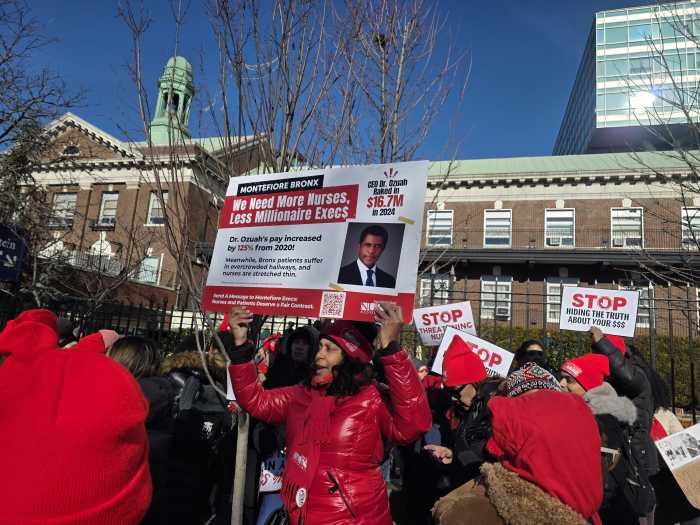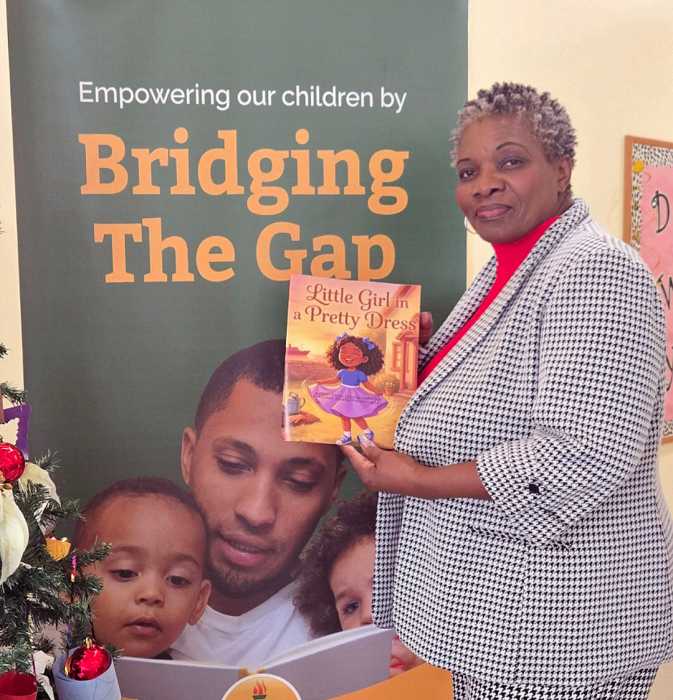In what is likely the first application of the recent New York Court of Appeals decision adopting a new definition of “parent” under the state’s Domestic Relations Law to account for same-sex couples raising children, a state appellate panel ruled that a gay man who was parenting twin children conceived through in vitro fertilization using his same-sex partner’s sperm, has standing to seek custody of the children in the wake of the men splitting up.
The case decided September 6 by the Brooklyn-based Second Department of the New York Appellate Division had an interesting additional wrinkle: the plaintiff is the biological uncle of the children, because his sister served as the surrogate for the twins’ gestation and birth.
The breakthrough August ruling from the Court of Appeals, the state’s highest bench, in the Brooke S.B. v. Elizabeth A.C.C. case involved two lesbian couples who had their children through donor insemination of one of the partners. This new ruling extends that case to a situation where the birth mother, a surrogate, is still the legal parent of the children, and the dispute is between the father who donated the sperm used to conceive the children and his former partner, whose sister bore them.
Gay man, whose sister conceived twins, battles ex-partner whose sperm was used
The two men, identified in the court’s opinion as Joseph P. and Frank G., lived together in New York State from 2009 through February 2014, but did not marry when same-sex marriage became legal in 2011. Wanting to raise children who would be genetically related to both of them, Joseph took advantage of a long-standing promise by his sister, Renee, who had her own children, that she would bear children for her brother once he met his “life partner.” Their understanding was that the two men would be the children’s parents and that Renee would have a continuing role in their lives, as well.
Frank, Joseph, and Renee executed a written surrogacy contract in which Renee agreed to become pregnant using Frank’s sperm and to surrender her rights as a biological mother so that Joseph could adopt the child. Using in vitro fertilization, in which more than one fertilized egg is typically implanted to ensure conception, Renee bore fraternal twins, a boy and a girl, in February 2010. Though the court’s opinion does not say so, it is likely that Frank and Renee were listed as the parents on the birth certificates.
For four years, Joseph and Frank raised the children together, sharing parental rights and responsibilities, and the children regarded both as parents, calling Joseph “Dada” and Frank “Dad.” The court’s opinion doesn’t say what they called Renee, but it makes clear she saw them frequently.
Joseph and Frank separated early in 2014, and the children continued to live with Frank while Joseph visited and cared for them “daily,” according to the court’s opinion, until May of that year. Then Frank suddenly cut off contact between the children and both Joseph and Renee. That December, he moved to Florida with the children, without giving any notice to Joseph or Renee and without seeking permission from the court. Though Renee had agreed in the surrogacy agreement to give up her parental rights so Joseph could adopt the children, nobody had taken any of those steps. As a result, Renee still enjoyed her parental rights, and so a court’s okay would typically be required to move the children out of state without her permission.
Renee filed an action in the Family Court seeking custody as the children’s biological mother, and Joseph filed an action petitioning to be appointed their legal guardian. At that time, New York precedent from 1991 — overturned in August — continued to hold that a co-parent in Joseph’s position had no legal standing to seek custody. Joseph considered a guardianship appointment his best shot — though he reconsidered in June 2015 and filed his own action seeking custody as a de facto parent of the twins.
Frank sought to throw out Joseph’s new motion, relying on the 1991 precedent limiting “parent” to a biological or adoptive parent, but Orange County Family Court Judge Lori Currier-Woods denied the motion — despite the fact that the 1991 precedent was then still in place — and Frank appealed. The appellate court’s opinion does not spell out Currier-Woods’ reasoning.
In its unanimous September 6 ruling, the panel of Justices L. Priscilla Hall, Jeffrey A. Cohen, Robert J. Miller, and Betsy Barros cited the August ruling from the Court of Appeals that finally overturned the 1991 precedent that hurt many same-sex co-parents.
Under the new definition of “parent” established by the state’s high court, a partner of a biological parent has standing to seek custody if the partner “shows by clear and convincing evidence that the parties agreed to conceive a child and to raise the child together.” The Appellate Division found that Joseph had done so, pointing to the pre-conception agreement and the fact that the two men “equally shared the rights and responsibilities of parenthood, and were equally regarded by the children as their parents.”
This ruling does not mean that Joseph will automatically get custody. The case goes back to the Family Court for a determination whether an award of custody to Joseph is in the children’s best interest. The appellate ruling also gives no indication what effect it has on Renee’s custody claim. However, New York law makes no provision for a child having three legal parents, so the Family Court will have to take account of Renee’s parental rights in determining whether to award custody to Joseph, and whether that would require terminating the parental status of either Renee or Frank.
That, of course, is a complicated business that makes clear the Legislature must modernize the Domestic Relations Law to provide guidance to courts in dealing with “non-traditional” families.
Kathleen L. Bloom of New Windsor represents Joseph. Michael D. Meth and Bianca Formisano of Chester represent Frank. Gloria Marchetti-Bruck of Mount Kisco was appointed by the court to represent the interest of the children. Renee’s attorney is not mentioned in the court’s opinion.



































